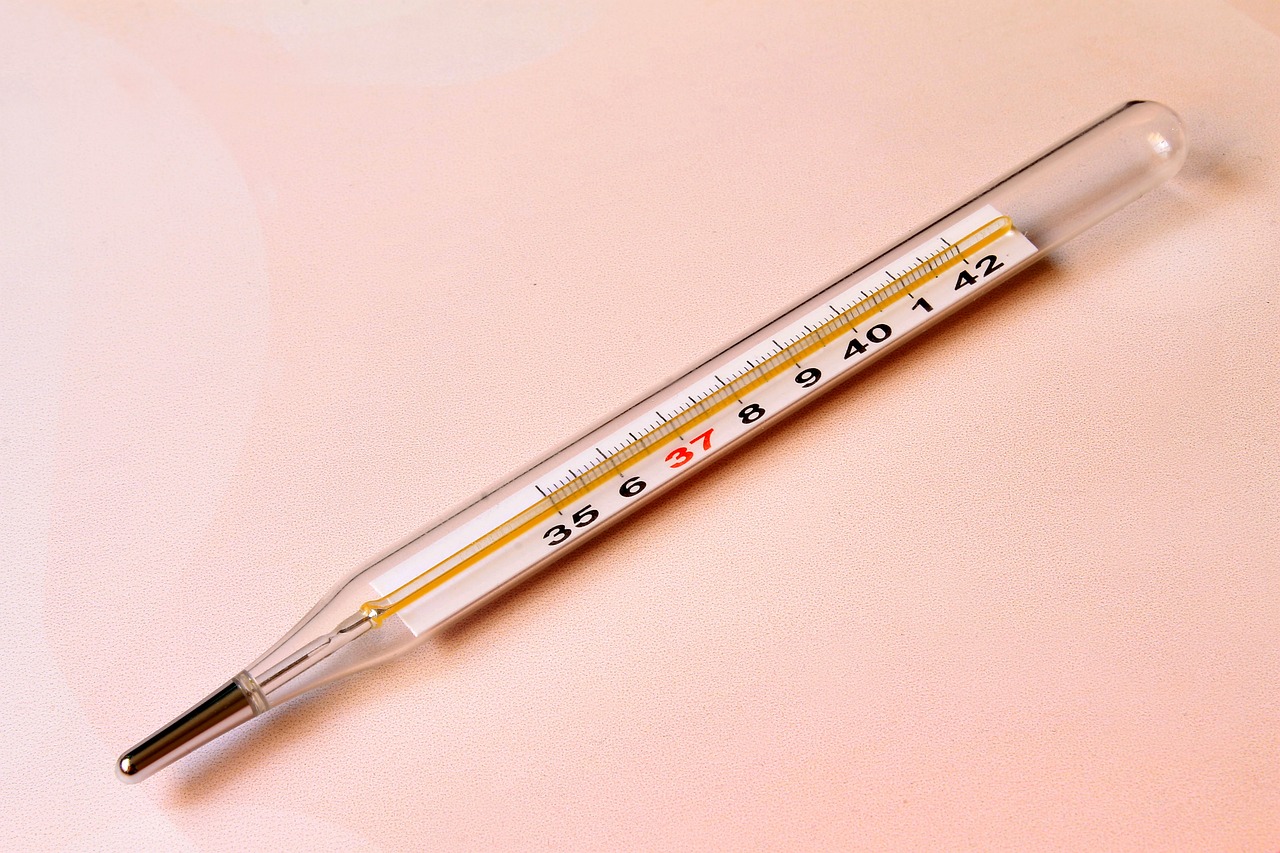The Impact of Lifestyle Choices on Eye Health
cricbet 99, sky1exchange com, reddy anna book:Our eyes are a precious gift that allows us to experience the world around us. However, many of us take our eye health for granted and don’t realize how much our lifestyle choices can impact our vision. In this article, we will discuss the various ways in which our lifestyle choices can affect our eye health and offer tips on how to protect our eyes for years to come.
1. Diet and Nutrition
The food we eat plays a significant role in our overall health, including our eye health. A diet high in antioxidants, vitamins, and minerals can help prevent eye diseases such as macular degeneration and cataracts. Foods such as leafy greens, colorful fruits and vegetables, nuts, and fish rich in omega-3 fatty acids are all beneficial for our eyes. On the other hand, a diet high in processed foods, sugar, and unhealthy fats can increase the risk of eye problems.
2. Hydration
Staying hydrated is essential for our eye health. Dehydration can cause dry eyes, blurry vision, and eye fatigue. It is recommended to drink at least eight glasses of water a day to keep our eyes moist and healthy. Avoid excessive caffeine and alcohol consumption, as they can dehydrate the body and lead to dry eyes.
3. Smoking
Smoking is not only harmful to our lungs but also to our eyes. It is a significant risk factor for developing age-related macular degeneration, cataracts, and other eye diseases. The toxins in cigarette smoke can damage the blood vessels in the eyes, leading to vision loss and blindness. Quitting smoking is one of the best things we can do to protect our eye health.
4. UV Protection
Excessive exposure to ultraviolet (UV) rays from the sun can harm our eyes and increase the risk of developing cataracts, macular degeneration, and other eye problems. It is crucial to wear UV-protective sunglasses whenever we are outdoors, even on cloudy days. Choose sunglasses that block 100% of UVA and UVB rays to safeguard our eyes from sun damage.
5. Digital Eye Strain
In today’s digital age, many of us spend hours staring at screens from smartphones, computers, and tablets. Prolonged screen time can lead to digital eye strain, characterized by symptoms such as dry eyes, headaches, and blurred vision. To reduce the risk of eye strain, follow the 20-20-20 rule: every 20 minutes, look at something 20 feet away for at least 20 seconds. Additionally, adjust the brightness and contrast of screens to minimize eye fatigue.
6. Exercise
Regular physical activity is not only beneficial for our overall health but also for our eye health. Exercise improves blood circulation, which helps deliver oxygen and nutrients to the eyes. It can also lower the risk of developing eye diseases such as glaucoma and diabetic retinopathy. Simple activities like walking, cycling, and yoga can promote healthy eyes.
7. Sleep
Getting an adequate amount of quality sleep is essential for our eye health. Lack of sleep can cause dry eyes, eye twitching, and blurred vision. Aim for 7-9 hours of sleep per night to allow our eyes to rest and recharge. Create a relaxing bedtime routine, avoid screens before bed, and keep the bedroom dark and quiet for better sleep quality.
FAQs
1. How often should I have an eye exam?
It is recommended to have a comprehensive eye exam every 1-2 years, depending on our age, risk factors, and overall eye health. Regular eye exams can detect eye problems early and prevent vision loss.
2. Can I improve my eyesight naturally?
While certain lifestyle changes can help maintain healthy eyes, it is essential to consult an eye care professional for vision correction. Eating a nutritious diet, staying hydrated, and protecting our eyes from UV rays can support good eye health but may not reverse vision problems.
3. Are eye supplements beneficial for eye health?
Some eye supplements containing vitamins and antioxidants may help support eye health, especially for individuals at risk of developing eye diseases. However, it is crucial to consult a healthcare provider before taking any supplements to ensure they are safe and effective.
In conclusion, our lifestyle choices have a significant impact on our eye health. By making simple changes such as eating a healthy diet, staying hydrated, quitting smoking, wearing sunglasses, reducing screen time, exercising, and getting enough sleep, we can protect our eyes and maintain good vision for years to come. Remember, our eyes are precious – let’s take care of them!







